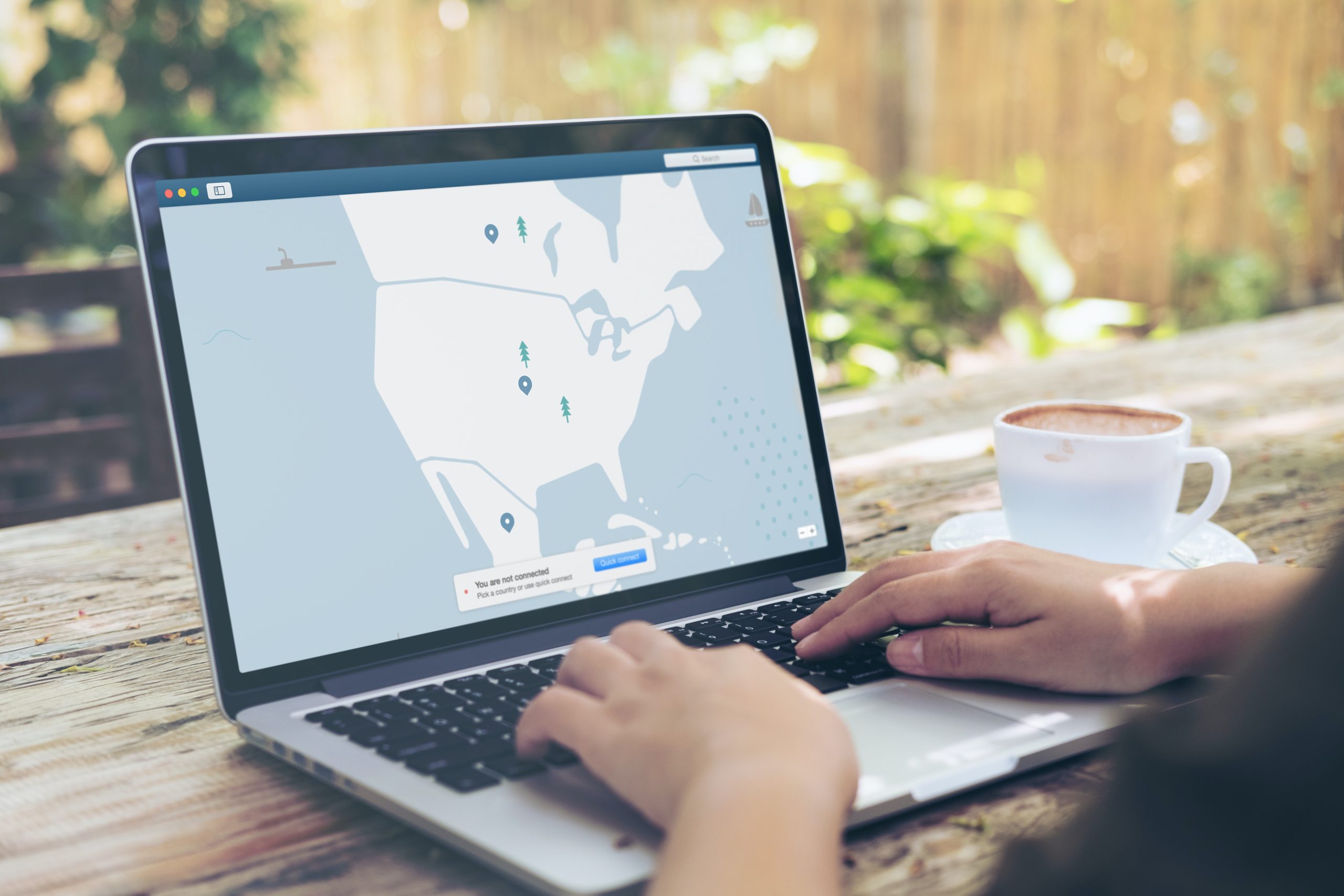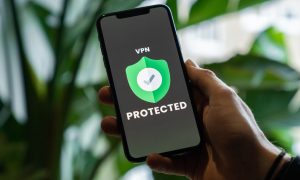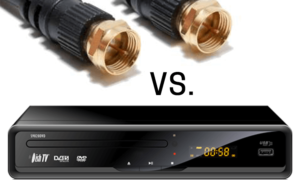Virtual Private Networks (VPNs) are becoming increasingly popular for those seeking online privacy and security. However, many users wonder whether using a VPN slows down their internet speed. The answer to this question is not straightforward, as several factors can affect internet speed when using a VPN. In this article, we will explore the factors that can slow down your internet speed while using a VPN and how to optimize your VPN connection for faster internet speeds.

What is a VPN?
A VPN is a tool that creates an encrypted tunnel between your device and the internet. This tunnel helps to protect your online privacy by hiding your IP address and encrypting your internet traffic. When you use a VPN, your internet traffic is routed through a remote server, making it more difficult for others to track your online activities.
Factors that can slow down internet speed when using a VPN
1. Distance Between Your Device and the Vpn Server
The distance between your device and the VPN server can have a significant impact on your internet speed. The farther your device is from the VPN server, the more time it takes for your internet traffic to reach the server and back. This can cause slower internet speeds.
2. VPN Encryption and Protocol
The level of encryption and the protocol used by your VPN can also impact your internet speed. A higher level of encryption can slow down your internet speed, as more data needs to be processed. Similarly, some VPN protocols can cause slower speeds than others.
3. Internet Speed of the VPN Server
The internet speed of the VPN server you are connecting to can also impact your internet speed. If the server is experiencing heavy traffic, your internet speed may be slower as a result.

How to Optimize Your VPN Connection for Faster Internet Speeds
1. Choose a VPN Server Closer to Your Location
As mentioned earlier, the distance between your device and the VPN server can impact your internet speed. To minimize this distance, it is recommended that you choose a VPN server closer to your location. This can help to reduce the time it takes for your internet traffic to reach the server and back, resulting in faster internet speeds.
2. Choose a Vpn Protocol That Is Faster
Some VPN protocols can cause slower internet speeds than others. For example, OpenVPN is known to be slower than other protocols such as IKEv2 and L2TP/IPSec. It is recommended that you experiment with different VPN protocols to determine which one provides the best balance between security and speed.
3. Use a VPN With a Dedicated Ip Address
Using a VPN with a dedicated IP address can help to improve your internet speed. This is because shared IP addresses can be blacklisted by certain websites and services, which can slow down your internet speed. A dedicated IP address ensures that your internet traffic is not affected by other users on the same server.
4. Upgrade Your Internet Plan
If you are experiencing consistently slow internet speeds while using a VPN, it may be worth upgrading your internet plan. A faster internet plan can help to improve your internet speeds, even when using a VPN.
In conclusion, using a VPN can slow down your internet speed, but several factors can impact this speed. By optimizing your VPN connection, such as choosing a server closer to your location, choosing a faster VPN protocol, using a dedicated IP address, and upgrading your internet plan, you can minimize the impact of a VPN on your internet speed. Ultimately, the benefits of using a VPN for online privacy and security outweigh the potential slowdown in internet speed.




















